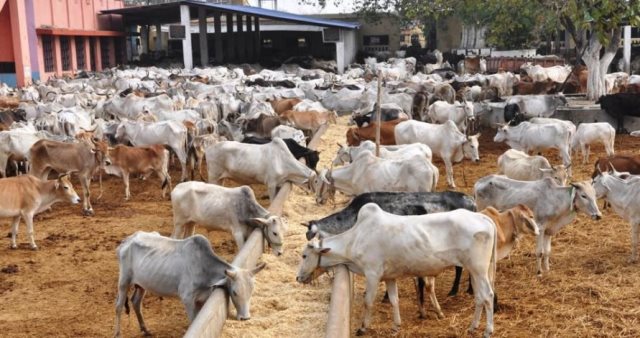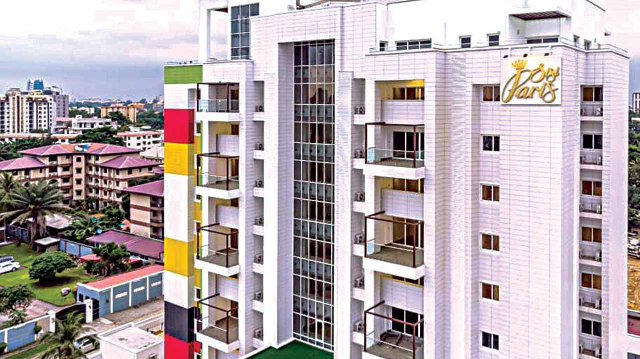The National Commission for Nomadic Education (NCNE) has commenced the training of about 100 nomadic education field level extension agents and officers on modern cattle ranching, says Prof. Bashir Usman, its Executive Secretary.
Prof. Usman made this known in Zaria, Kaduna State, at the opening ceremony of the training.
The secretary noted that the programme is aimed at controlling the existing clashes between pastoralists and farmers, while adding that participants for the training were chosen from the six geo-political zones in the country.
He also said that the training was designed for field extension agents to promote the adoption of intensive livestock production, which will further help to create well-informed field workers that can properly manage the affairs of modern ranching in the country.
Prof. Usman stated that the training will equip the members of staff with the right knowledge in directing pastoralists on how to adopt the new system of production.
He stated that the objective of the training was to acquaint the participants with the roles and responsibilities of critical stakeholders on ranching.
“Implementation of the ranching system entails the provision of the requisite resource and infrastructure to serve as window of opportunities for the livestock producers to have access to improved production facilities,” he remarked.
Prof. Usman observed that the transformation and modernisation of Nigeria’s livestock industry entailed a paradigm shift from the predominantly extensive and uncoordinated tradition to a more formal and systematic industry of ranching or intensive livestock production system.
He said: “Currently, there are 416 grazing reserves spread across the six geopolitical zones of the country with a total of 3.4 million hectares of land out of which 141 are grazed, while 275 are yet to be grazed.
“In line with this, the commission established 17 model nomadic education centres as gazetted grazing reserves.
“Therefore, this training workshop is significant in many ways and it is of course apt and timely toward reducing incessant conflicts between farmers and pastoralists,” he added.
Meanwhile, Dr. Abdu Umar Ardo, the Acting Director Department of Extension Education and Skills Development, said the training would afford the participants the privilege of acquiring different and new skills in cattle ranching.
Mr. Ardo further stated: “This training will provide participants the opportunity to acquire the necessary skills and knowledge needed for the successful implementation of ranching for the overall improvement of access and quality of basic education as well as the quality of life of their teaming clientele.’’
And on the other hand, the Chairman Governing Board of the Commission, Prof. Gidado Tahir, remarked that the training would provide practical and relevant approaches that would be useful insights on ranching, peace building, conflict resolution and management.
Prof. Tahir said the training would also provide the trainees with strategies that would enable them effectively interface with the pastoralists with a view to broadening their understanding.
He added that it would similarly accelerate the process of adoption as well as facilitate increased access to quality and functional basic education to nomads.
A cross section of the trainees said this effort would lead to the development of grazing reserves by providing the requisite facilities that would attract pastoralists to permanently settle in designated grazing reserves.












